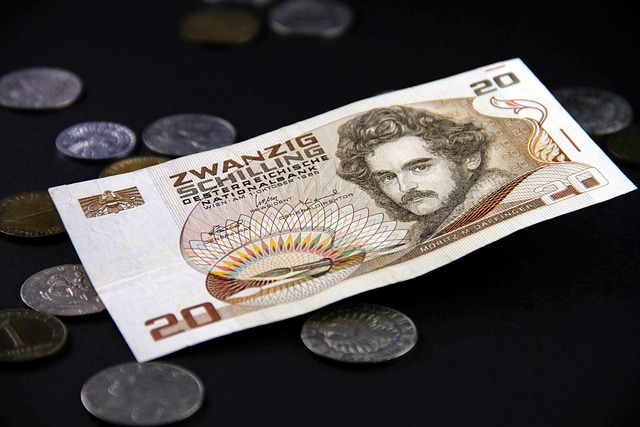Burning Crypto: What Does it Mean?
Introduction:
In the world of cryptocurrency, a concept that often comes up is the burning of crypto. This term might sound alarming to some, but what does it actually mean? In this article, we will explore the meaning of burning crypto and its implications in the digital currency market.

Understanding Burning Crypto:
When we talk about burning crypto, we refer to the deliberate and permanent removal of coins or tokens from circulation. This removal is usually carried out by the creator or issuer of the cryptocurrency. Instead of holding or distributing these coins, they are sent to an unspendable address, effectively taking them out of the market forever.
Reasons behind Burning Crypto:
There are several reasons why crypto creators choose to burn their coins. One common motive is to reduce the total supply of the cryptocurrency, increasing its scarcity and potentially driving up its value. By reducing the available coins, a sense of rarity is created, similar to how limited edition items can become more valuable.
In addition to enhancing scarcity, burning crypto can also be a way to ensure the long-term sustainability of a cryptocurrency. By removing excess coins from circulation, the creators aim to mitigate inflation and maintain a healthy balance between supply and demand.
The Influence of Burning Crypto on Investors:
For investors and holders of a particular cryptocurrency, the burning process can have both positive and negative effects. On one hand, reducing the total supply can increase the value of existing coins, potentially leading to price appreciation. This can be seen as a benefit, especially for early adopters and long-term investors.
However, burning crypto also carries certain risks. If the burning is excessive or poorly executed, it may lead to market instability and decreased investor confidence. Balancing the removal of coins with market demand is crucial to avoid negative consequences.
Real-World Examples of Burning Crypto:
Several cryptocurrencies have implemented the burning of coins as part of their strategies. One example is Binance Coin (BNB), the native token of the Binance exchange. BNB coins are regularly burned based on the trading volume on the platform. The burning process not only increases the scarcity of BNB but also rewards long-term holders with potential price appreciation.
Another notable example is TRON (TRX), which has conducted multiple coin burns to support the ecosystem's development and reward loyal community members. These burn events have contributed to reducing the total TRX supply and maintaining a healthy equilibrium in the market.
Conclusion:
Burning crypto refers to the intentional and permanent removal of coins from circulation. This process serves various purposes, such as boosting scarcity and maintaining long-term sustainability. It can impact investors positively or negatively, depending on the execution and its influence on market dynamics.
To learn more about the stock market and cryptocurrency, read our in-depth article Stock Market and Cryptocurrency: An Overview and gain valuable insights.
Interested in the founder of Crypto Subtitles? Check out this exciting interview with Tiantian Kullander: Founder of Crypto Subtitles to discover their inspiring story.
Protecting your digital assets is crucial in the crypto world. Learn how to avoid falling victim to scams in our informative article Crypto Wallet Scam: Protecting Your Digital Assets.
Curious about crypto-mining? Explore the potential of this profitable investment in digital currency by reading our article Crypto-Mining: A Profitable Investment in Digital Currency.